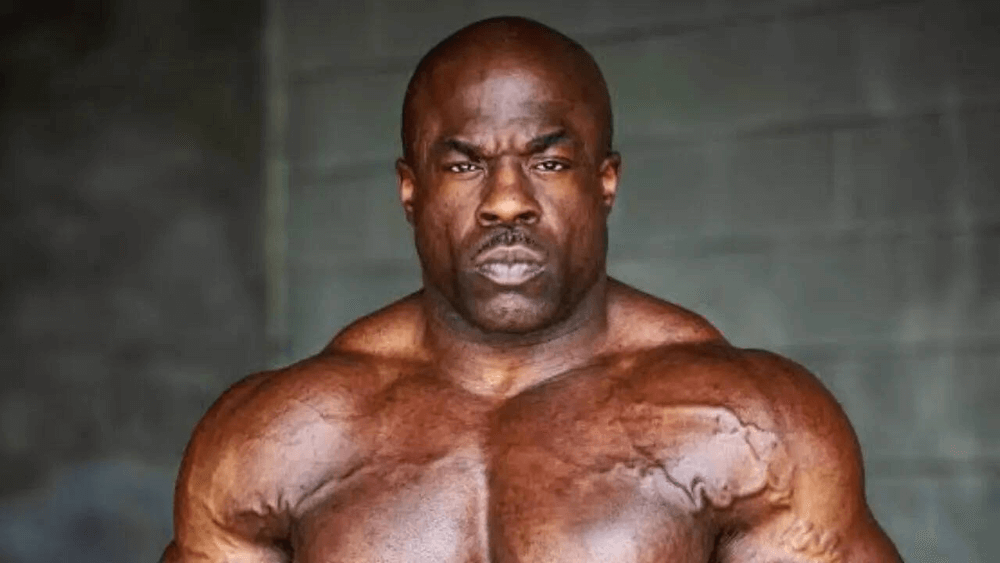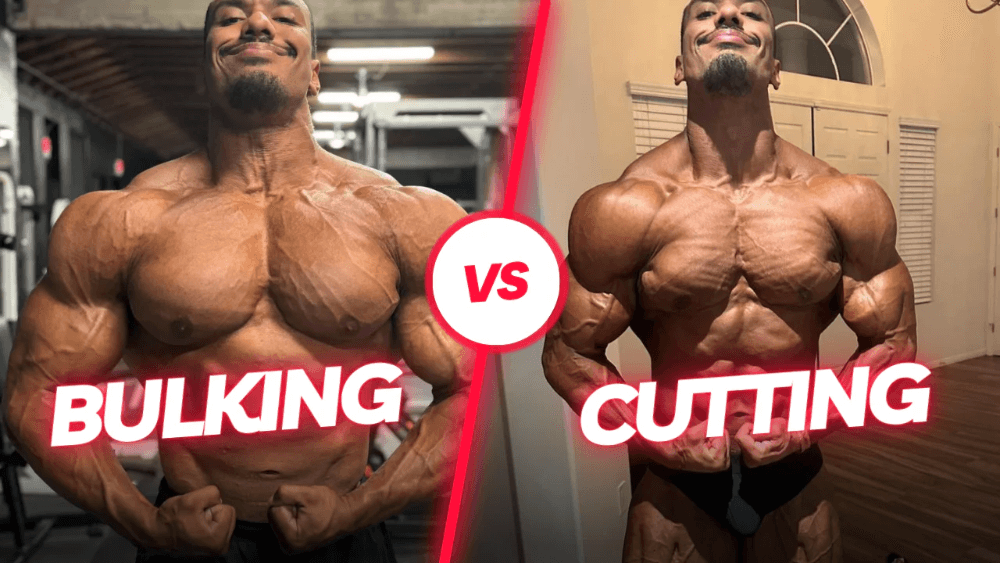Table of Contents
- How Clenbuterol Appears in “Innocent” Cases
- The Victoria Carl Case
- Other High-Profile Accidental Positives
- Therapeutic Use Exemptions (TUEs)
- The Balance Between Strict Enforcement and Fairness
- How Athletes Can Protect Themselves
- What Sports Organizations Should Do
- Lessons from Accidental Positives
- Conclusion
Last updated on September 21st, 2025 at 04:58 pm
Anti-doping rules are designed to keep sports fair. Yet sometimes athletes test positive for banned substances even when they never intended to cheat. One recent example is Victoria Carl, the German cross-country skier who tested positive for clenbuterol after taking a prescribed cough syrup. Her case highlights a bigger issue: how accidental positives can happen, how rules deal with them, and what athletes can do to protect themselves.
How Clenbuterol Appears in “Innocent” Cases
Clenbuterol is banned in sports because it acts as a stimulant and a fat-burning agent. Athletes who misuse it gain an unfair edge in recovery and body composition. But not every positive test means deliberate doping.
Clenbuterol sometimes shows up in athletes’ systems through:
- Medications: Some cough syrups or asthma treatments may contain clenbuterol, especially in countries where regulations differ.
- Food contamination: In regions where clenbuterol is illegally used in livestock, athletes risk exposure by eating contaminated meat.
- Supplements: Poorly labeled or contaminated supplements can carry traces of banned substances, including clenbuterol.
The World Anti-Doping Agency (WADA) recognizes that not every positive is the result of intentional cheating. However, strict liability still applies: athletes are responsible for everything that enters their bodies.
The Victoria Carl Case
Victoria Carl’s case grabbed headlines because of its context. She tested positive for clenbuterol in 2024 after using a cough syrup prescribed by her team doctor. The situation was complicated. On one hand, clenbuterol is on the banned list. On the other hand, Carl had taken it for legitimate medical reasons under professional supervision.
Cases like this raise difficult questions. Should athletes face the same penalties for accidental ingestion as those who deliberately dope? Should doctors and sports organizations carry more responsibility in preventing these mistakes? Carl’s case illustrates the thin line between enforcement and fairness.
Other High-Profile Accidental Positives
Victoria Carl is not the first. Other athletes have faced similar challenges:
- Mexican soccer players (2011): Several tested positive after eating clenbuterol-contaminated beef during a training camp. Investigations later confirmed widespread food contamination.
- Alberto Contador (2010 Tour de France): The Spanish cyclist claimed clenbuterol entered his system through tainted meat. The case divided experts, but he ultimately faced a ban.
- Chinese swimmers (2011): Some tested positive for clenbuterol, sparking international concern about meat contamination in China.
These examples show that accidental ingestion is not rare. Cultural differences in food production and varying drug regulations create ongoing risks.
Therapeutic Use Exemptions (TUEs)
To address legitimate medical needs, anti-doping bodies allow for Therapeutic Use Exemptions (TUEs). A TUE lets an athlete use a banned substance if it is medically necessary and no safe alternative exists.
The process, however, is strict. Athletes must apply in advance, provide medical records, and often face long approval timelines. In emergencies, where treatment is urgent, things get complicated. If a doctor prescribes a medication without checking for banned substances, the athlete may suffer the consequences.
Carl’s case highlights the tension between urgent medical care and regulatory compliance. Athletes must walk a fine line between protecting their health and protecting their careers.
The Balance Between Strict Enforcement and Fairness
Strict liability is the backbone of anti-doping. Without it, athletes could always claim ignorance or contamination. Yet critics argue that treating all positives the same creates injustice.
For example:
- An athlete who takes clenbuterol deliberately for performance gains and one who ingests it through contaminated food face similar scrutiny.
- Public perception often assumes guilt before innocence, damaging reputations even if athletes are later cleared.
The system aims to preserve fairness in sport. But fairness must also extend to athletes who fall victim to accidents. Many experts suggest that cases should consider intent, supporting evidence, and medical context more carefully.
How Athletes Can Protect Themselves
While accidents cannot always be avoided, athletes can take proactive steps.
- Work with trusted doctors: Ensure that every prescription is checked against the WADA prohibited list.
- Use official supplements: Choose brands that undergo third-party testing and provide clear certifications.
- Be cautious when traveling: Avoid red meat in countries with a history of clenbuterol contamination. Opt for poultry, fish, or vegetarian meals.
- Keep detailed records: Document everything consumed, from prescriptions to supplements, to strengthen any defense if a test comes back positive.
- Stay informed: Anti-doping agencies regularly update their lists and guidance. Athletes must stay educated about risks.
What Sports Organizations Should Do
Responsibility should not fall on athletes alone. Sports federations and medical teams play a critical role in prevention.
- Provide regular training for athletes and staff on banned substances.
- Offer quick-access databases where doctors can check medication status in seconds.
- Strengthen communication between medical teams and anti-doping authorities during emergencies.
- Support athletes publicly when evidence suggests contamination or medical error, to protect reputations during investigations.
A culture of prevention requires collaboration between individuals, teams, and organizations.
Lessons from Accidental Positives
Accidental clenbuterol positives remind us that anti-doping is not black and white. They highlight three important lessons:
- The global food and drug system is inconsistent. What is legal in one country may be banned in another.
- Athletes are vulnerable. Even with careful planning, the risk of contamination is real.
- Balance is key. Enforcement must remain strict, but fairness and context should guide final judgments.
Conclusion
The case of Victoria Carl and others like her proves that clenbuterol positives do not always equal cheating. Medications, contaminated meat, and mislabeled supplements can all lead to unexpected results. While athletes bear responsibility under strict liability, the system must also recognize the realities of global sport.
Education, vigilance, and stronger support structures are essential. Athletes must protect themselves through informed choices, but sports organizations must also create fair processes that account for human error. Only then can the fight against doping remain both strong and just.







